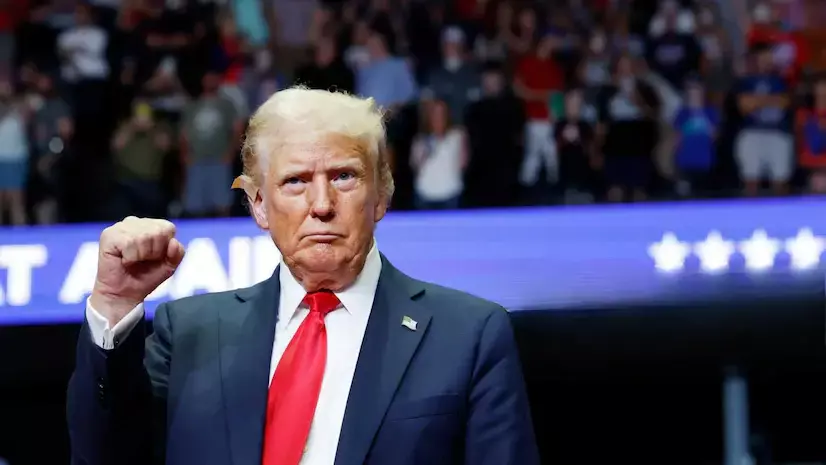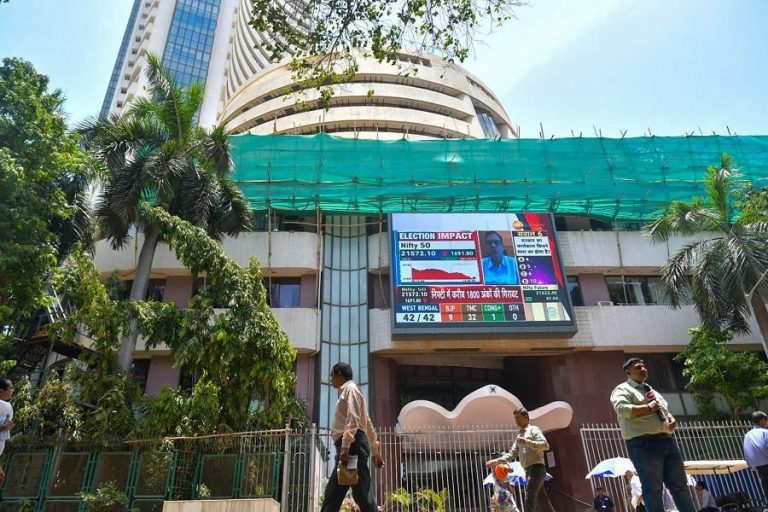
How Trump’s new US lumber tariff affects India?
In a move that has sent shockwaves through the global markets, the United States has launched a probe into the imposition of tariffs on imported lumber from Canada and other countries. The investigation, initiated by the US Department of Commerce, aims to determine whether the imports are causing harm to the US lumber industry. The news has left many wondering about the potential implications of this move on the global market, particularly on countries like India that heavily rely on US imports.
For India, the impact of Trump’s new lumber tariff probe could be significant. The country’s real estate and furniture sectors are heavily dependent on US lumber imports, and higher prices could have a ripple effect on the overall economy. Here are some ways in which the move could affect India:
Increased costs for Indian manufacturers
Indian manufacturers that rely on US lumber imports to produce furniture, construction materials, and other products may face increased costs due to the potential tariffs. These costs could be passed on to consumers, making products more expensive and potentially affecting demand. For instance, the Indian furniture industry, which is one of the largest employers in the country, may struggle to maintain its competitiveness in the global market if lumber prices rise.
Alternative suppliers and trade agreements
In response to the potential tariffs, Indian manufacturers may look for alternative suppliers to meet their lumber requirements. This could lead to increased trade with other countries, such as Canada, which is already a major supplier of lumber to India. The move could also accelerate India’s efforts to negotiate trade agreements with other countries, particularly in the Asia-Pacific region, to reduce its dependence on US imports.
Impact on India-US trade negotiations
The lumber tariff probe comes at a time when India and the US are engaged in trade negotiations to resolve outstanding issues, including tariffs on steel and aluminum. The move could complicate the negotiations, particularly as the US has been pushing for greater access to India’s market for its agricultural products and services. India, on the other hand, is seeking greater market access for its goods, including textiles and pharmaceuticals.
Global market implications
The lumber tariff probe has sent a clear signal that the US is willing to take protectionist measures to safeguard its industries. This move could have far-reaching implications for the global market, as other countries may follow suit to protect their own industries. The rise of protectionism could lead to a trade war, with countries imposing tariffs on each other’s goods and services.
India’s response
India’s government has been quick to respond to the lumber tariff probe, with Commerce Minister Suresh Prabhu saying that the country will take all necessary steps to protect its interests. India has also sought to diversify its trade basket, increasing imports from other countries, including Canada and Vietnam, to reduce its dependence on US imports.
Conclusion
Trump’s new US lumber tariff probe is a significant development that has the potential to impact India’s economy, particularly its real estate and furniture sectors. While the move may drive Indian manufacturers to seek alternative suppliers or absorb increased costs, it also complicates India’s trade negotiations with the US and sends a clear signal that protectionism is on the rise. As the global market continues to evolve, it is essential for countries like India to remain vigilant and adapt to changing circumstances to maintain their competitiveness.
Source:
https://ascendants.in/globally-trending/trump-lumber-tariff-probe-impact-india/






